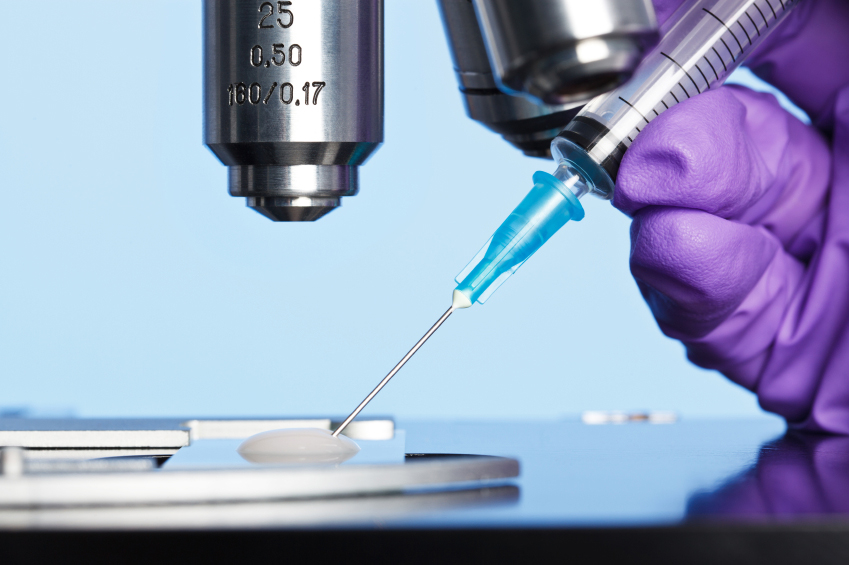When the embryonic selection allows selecting the embryos to implant, Grégory Katz 1 notes the emergence of germinal eugenics. “The birth control here would be placed before the embryonic selection, at the level of the gametogenesis, thus getting round the bioethical controversies on the respect of human life from its beginning””. For all that, may it avoid to ethical questions?
Since a few years, “the selection of human semen opens a real market in the centre of artificial fertilizations“. Since the manufacture, from mouse embryos, of an epigenetically reprogrammed sperm (we plan to apply this technique to men), to the commercial development of sperm biobanks, “eugenics finds in the selection of semen a powerful expedient for germinally improving human species”.
Sifting of births
Thus Fairfax Cryobank markets gametes of high genetic quality after drastic selection of donor genotypes. Prices ranges from $115 for a “standard” sperm to $250 for the “Fairfax Doctorate” which guarantees that the “donor has not only a superior genetic Quotient, but that he has also a PhD degree“, as if the Intellectual Quotient was included in the DNA of spermatozoids the newborn baby will inherit. Other characteristics, like size, weight, skin, eye and hair colours, etc. are also subject to parent’s choice. The MicroSort test, considered as reliable at 91 % allows selecting the sex of the child. “Why to be offended, the biologist James Watson wonders? ‘Eugenics is a way to correct the evolution, and I think that individuals should manage the evolution of their descendants, without letting the State to do it“.
Efficient
Efficient because insidious, this new eugenics would be justified by its democratic and economic appearance. Its scientific deeprootedness makes it seem inoffensive whereas “its legal frame and the atomisation of the individual choice tend to make it morally associable“.
1-Synthèse de la tribune de www.genethique.org de juillet 2009 : “Décontaminations spermatiques”, signée par Grégory Katz, professeur titulaire de la Chaire ESSEC-Sanofis-Aventis à l’ESSEC Business School (Paris-Singapour).
Il a publié le Chiffre de la vie : réconcilier la génétique et l’humanisme (Editions du Seuil, 2002). 2è édition révisée, à paraître chez Yale University Press.
1-Synthèse de la tribune de www.genethique.org de juillet 2009 : “Décontaminations spermatiques”, signée par Grégory Katz, professeur titulaire de la Chaire ESSEC-Sanofis-Aventis à l’ESSEC Business School (Paris-Singapour).
Il a publié le Chiffre de la vie : réconcilier la génétique et l’humanisme (Editions du Seuil, 2002). 2è édition révisée, à paraître chez Yale University Press.

